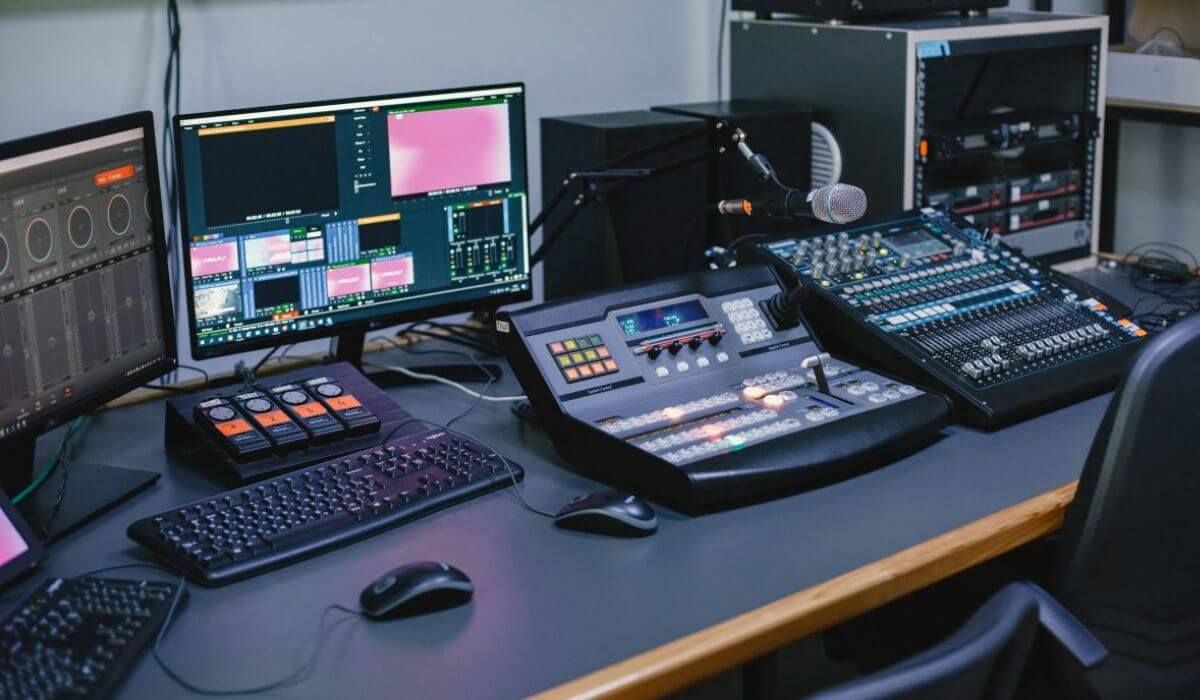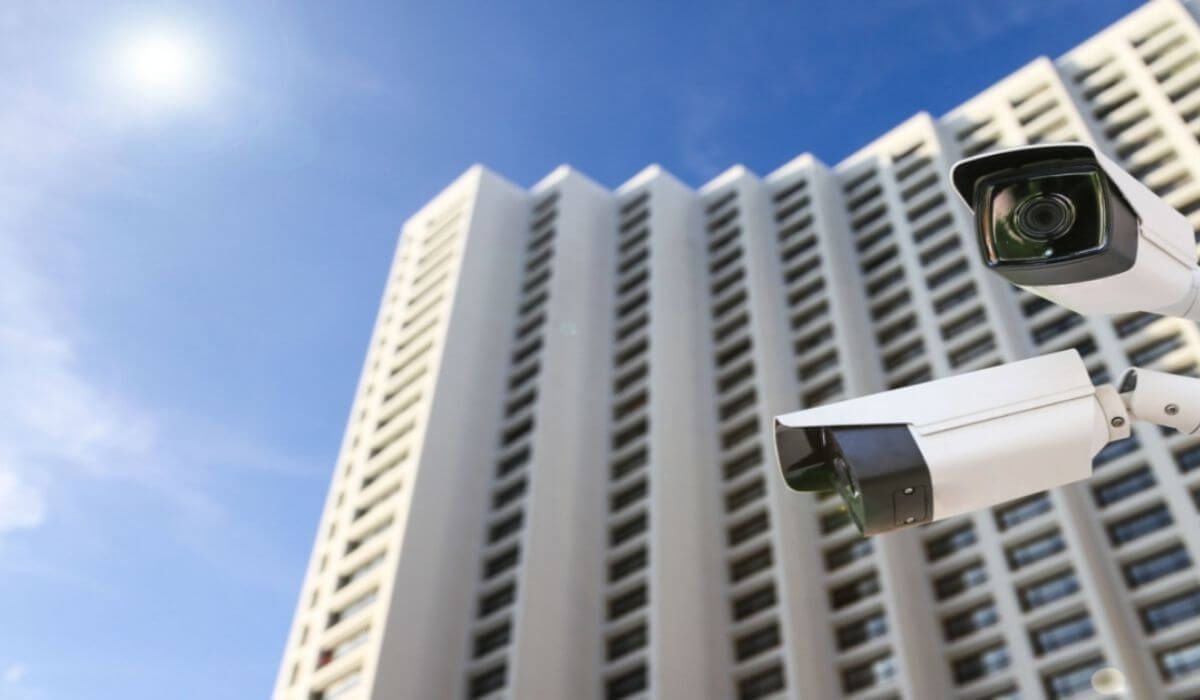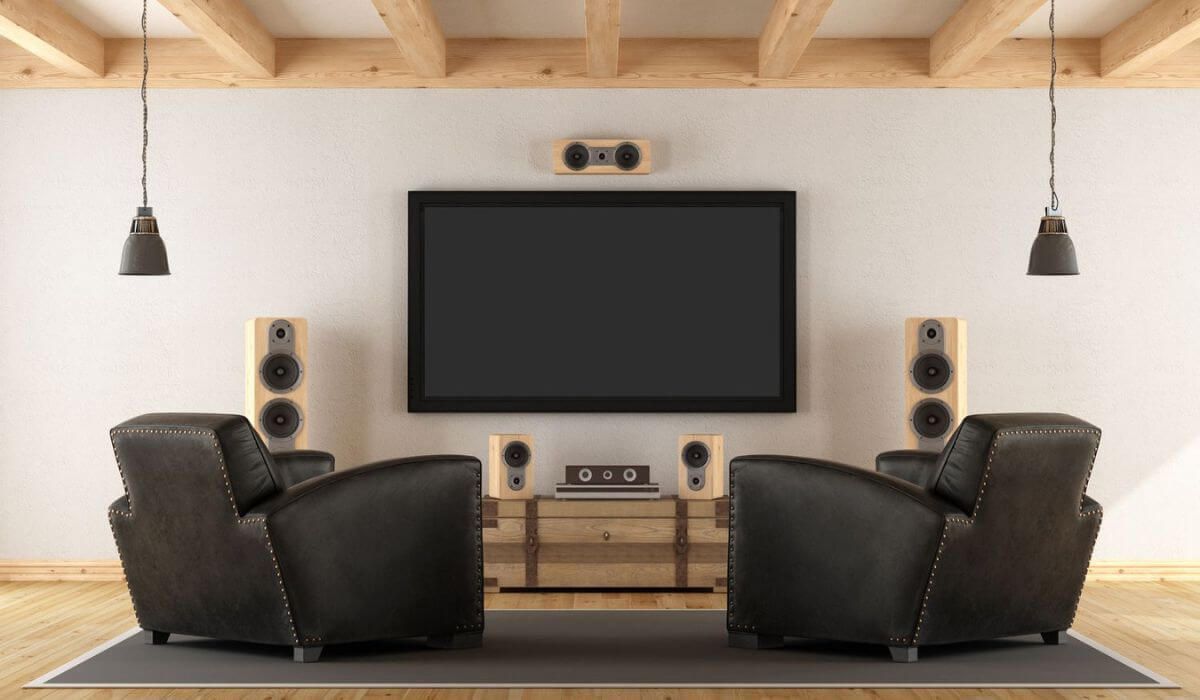Top Weatherproof Security Cameras for Extreme Climates
Australia's wild weather is no joke—from scorching summers and tropical storms to dust-filled winds and chilly nights. Choosing the right security camera for these extreme conditions isn’t just smart—it’s necessary. In this blog, Scavi walks you through what makes a security camera truly weatherproof and shares top recommendations designed for Australia’s toughest climates.
Why Weatherproof Security Cameras Matter in Australia
Australia's climate isn’t just diverse—it’s unpredictable. One day, you’re dealing with dry 40°C heat, and the next, you’re facing heavy rain or a dust storm. That’s why weatherproof security cameras are becoming a must-have for homeowners and businesses.
Whether you're in the tropical north, dry outback, or coastal suburbs, your outdoor surveillance cameras need to survive year-round exposure. When cameras fail in bad weather, you lose critical footage and may be forced into expensive replacements.
Investing in durable, all-weather cameras pays off by avoiding breakdowns and giving you peace of mind, even during a summer thunderstorm or a winter cold snap.
What Makes a Security Camera Weatherproof?
Understanding IP Ratings (Ingress Protection)
The IP rating tells you how well a camera resists dust and water. For example:
- IP65 – protected from rain and dust
- IP66 – can withstand strong jets of water
- IP67 – protected against complete water immersion
If you live in a flood-prone area or near the ocean, an IP67-rated camera is your safest bet.
Operating Temperature Ranges
Extreme temperatures can cause electronic devices to glitch or stop working. Good security cameras for extreme weather are built to operate in a wide temperature range—some from -20°C to 50°C or more. Always check the product’s spec sheet to make sure it matches your climate.
Build Quality and Casing Materials
Cheap plastic won’t cut it in the Australian sun. Look for:
- Rust-proof metal housings
- UV-resistant plastics
- Fully sealed units that keep moisture and dust out
These materials help your camera last longer and perform reliably outdoors.
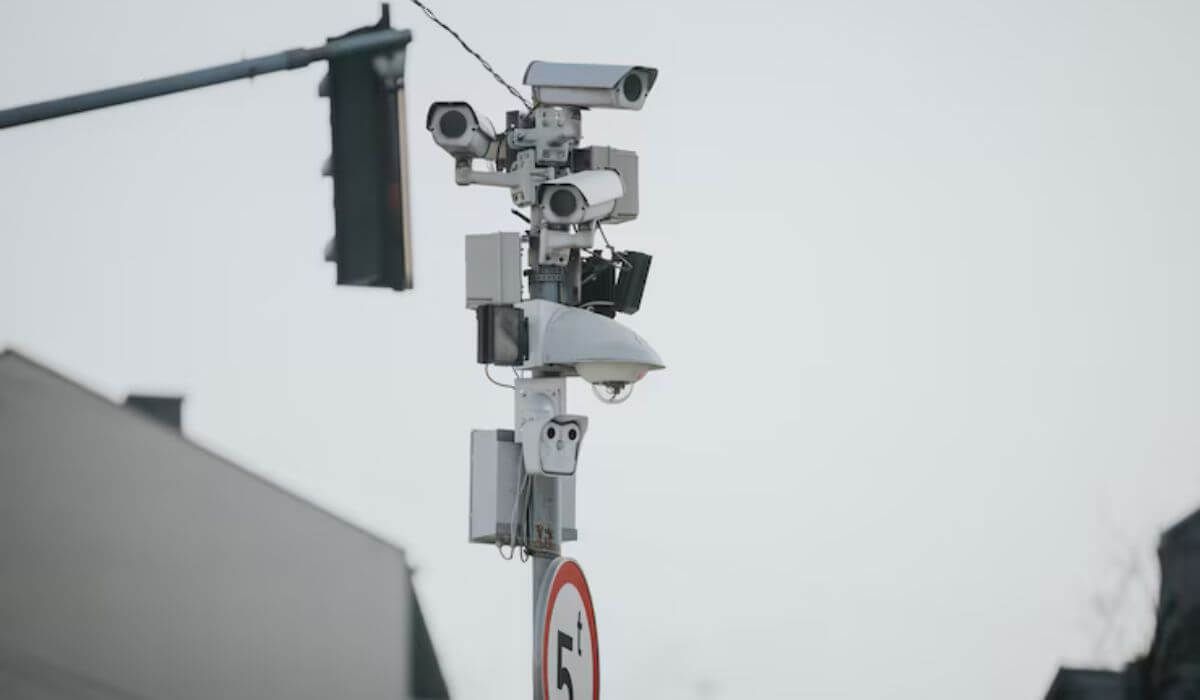
Best Weatherproof Security Cameras for Extreme Weather
Arlo Ultra 2
- 4K resolution
- IP65 weatherproof rating
- Easy to set up
- Ideal for suburban and coastal properties with changing conditions
Reolink RLC-823A
- IP66 rating
- PTZ (pan-tilt-zoom) functionality
- 5X optical zoom, great for wide outdoor spaces like farms
Hikvision DS-2CD2087G2
- IP67 protection
- Excellent for areas exposed to dust and high heat
- Clear night vision and compact design
Google Nest Cam Outdoor (Battery)
- DIY-friendly
- Built-in battery with smart app control
- Works well in cities with mixed weather
Outdoor Surveillance Cameras by Use Case
Coastal Properties
Salt and humidity can damage electronics. Choose cameras with anti-corrosive casings and solid waterproofing.
Remote Farms or Construction Sites
For these spots, go solar or wireless. Look for rugged designs with a wide field-of-view and 4G support for remote access.
Urban Homes & Apartments
Compact options work best—think small, wireless models for balconies, entrances, or shared corridors.
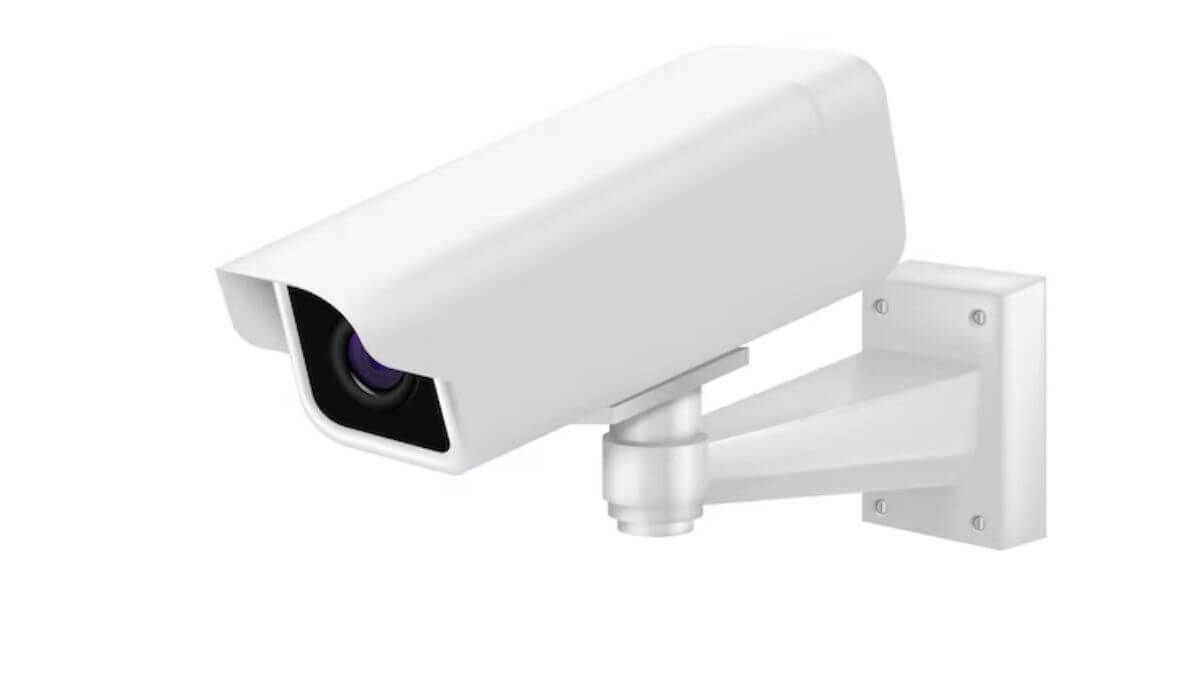
Installation Tips for Long-Term Performance
- Mount cameras under eaves or shaded areas to limit UV and rain exposure
- Install surge protectors to handle lightning and power surges
- Wipe lenses and casings regularly to keep out dust and debris
Even the best outdoor surveillance cameras need a bit of care to last long.
Eco-Friendly Weatherproof Camera Options
With more Australians focused on sustainability, solar-powered and energy-efficient security systems are gaining traction.
- Solar cameras save on electricity bills
- Durable cameras reduce electronic waste by lasting longer
Choosing an eco-conscious camera doesn’t mean compromising on quality.
Choosing the Right Camera for the Australian Climate
Different regions = different camera needs:
- Tropical: Focus on waterproofing and mold resistance
- Arid: Heat resistance and dust-sealing are crucial
- Temperate: Versatile, all-rounder cameras with IP66 or above
DIY vs Professional Installation: If you’re handy, DIY might be an option. But for best performance and clean setup, Scavi recommends professional installation, especially for complex multi-camera systems.
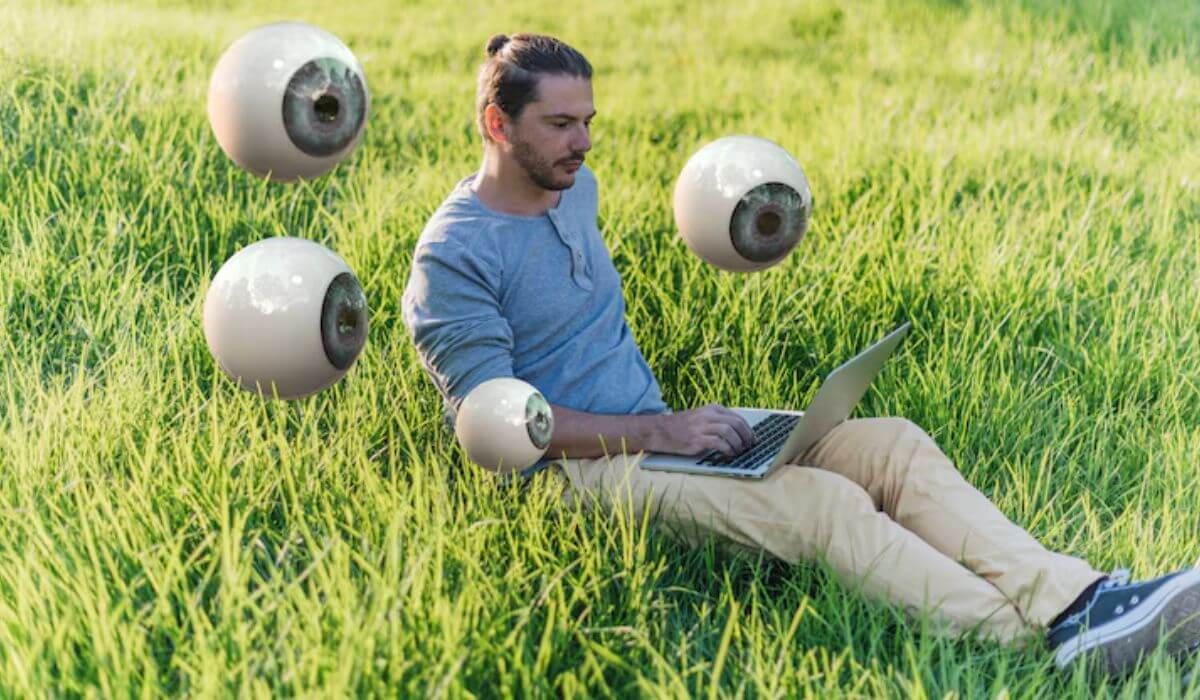
Invest in Weatherproof Protection that Lasts
Don’t wait until your camera fails in the middle of a storm. Choosing the right weatherproof security cameras now means saving time, money, and stress later. With options tailored to every climate and use case, there’s no excuse for leaving your property exposed.
Scavi is ready to help you select and install the perfect outdoor surveillance solution. Reach out today and secure your home or business with the power of professional-grade weatherproof security cameras.

